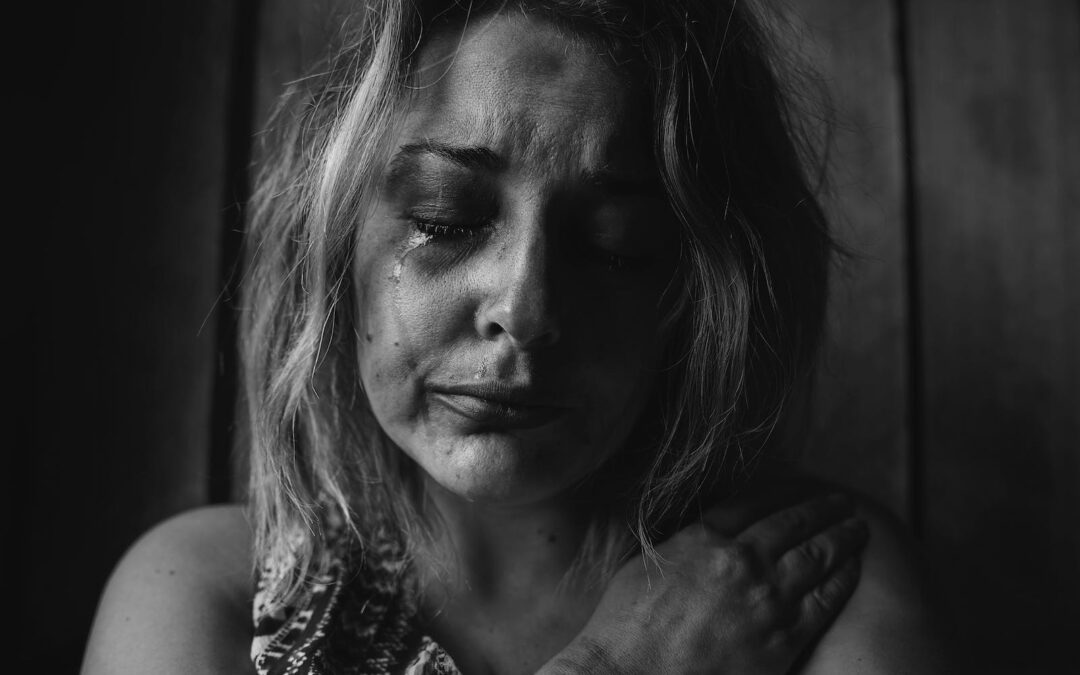We have all felt low at some point in our lives. Depression is so much more than just a case of the blues. It can be hard sometimes to pinpoint where it all began and there is often no single reason or event that causes depression. It is often a combination of thoughts, emotions/feelings, life changes and events that contribute to the slow downward spiral that eventually leads to what we know as depression.
The good news is that there is a high success rate for treatment, which can include a range of therapies and medications.
Signs of depression
Depression looks different for everyone but there are some common signs to look out for.
The difference between a bad day and depression is the intensity of some of these symptoms. If you or your loved one experience these symptoms with increasing severity over a longer period, it could be depression.
- Feeling negative and hopeless all the time
- No joy or interest in day-to-day life
- Unexplained body pain and headaches
- Listless, lethargic and tired but unable to sleep
- Struggling to concentrate, make decisions or remember things
- Exhausted and just want to sleep all the time
- Feeling agitated and irritable
- Irresponsible, reckless behaviour
- Very self-critical
Depression is a medical condition
Depression is not like having a bad day or something that people can just snap out of. It is a medical condition that affects everything in people’s lives. It goes beyond just causing mood swings and can affect people’s ability to function.
Anyone is at risk and while traumatic events may trigger episodes, it is something that can affect anyone.
What causes depression?
Acutely stressful events, trauma, isolation and injury are just some of the things that can contribute to and trigger depressive episodes in people. Normally healthy and happy people who are diagnosed with life-threatening illnesses or are prescribed certain types of medication can also get it.
Genetics play a big role and people are more likely to suffer from symptoms if other family members have depression. But it also comes down to temperament and resilience.
People who struggle to cope with the day-to-day stresses of life are more prone to symptoms than those who can take the knocks of life in their stride.
Treating depression
Depressive disorders are a debilitating condition, but it is treatable. Symptoms are best alleviated with a holistic approach. There is no “one size fits all” quick-fix solution.
Self Care forms part of the core treatment. Having a balanced, healthy lifestyle that includes regular exercise, healthy food choices and plenty of sleep underpin all the other work that happens in the background.
Psychotherapy or counselling is often recommended as a short to medium-term support solution for people dealing with symptoms. Trained counsellors can help by providing coping mechanisms and mental health toolkits to set people up for future success.
Complementary Therapy has several proven modalities that have high success rates in helping people manage the symptoms of depression. Such as, but not limited to, hypnotherapy, Time Line Therapy®, Access Bars ® and crystal light bed therapy. These modalities help people work through the root cause of where issues begin and identify where they snowball.
Types of Depression
There are many different types of depression, ranging from clinical depression and postnatal depression to nervous depression.
Psychological pain, deep sadness, loss of self-esteem and joy for life are common denominators across all types of depressive disorders.
It can feel like you are carrying a profound emotional weight with you wherever you go and it doesn’t have to be like that.
Holistic well-being therapies such as hypnotherapy and Time Line Therapy®, have significant results in treating depressive disorders and helping people suffering from the symptoms of depression.
If you have tried the traditional route through mainstream medicine with no results, an alternative healing modality could be the answer for you.
To find out more, book yourself in with me, Marg, for a completely confidential, non-judgemental consultation and let’s help you get your life back on track.
Book here.
Help and Support Resources
Depressive disorders that are left untreated can spiral, worsen and even trigger other health conditions. Worse, it can repeatedly return and even lead to self-harm. Reaching out is the first step to feeling better and getting joy back into your life.
Beyond Blue – provides information and support to help everyone in Australia achieve their best possible mental health.
Black Dog Institute – resources and support for depression
Lifeline Australia – information, topics and support for depression
Mental Health Australia – crisis helpline and support directory
RU OK Australia – support resources directory
Reach Out Australia – support for depression and anxiety

